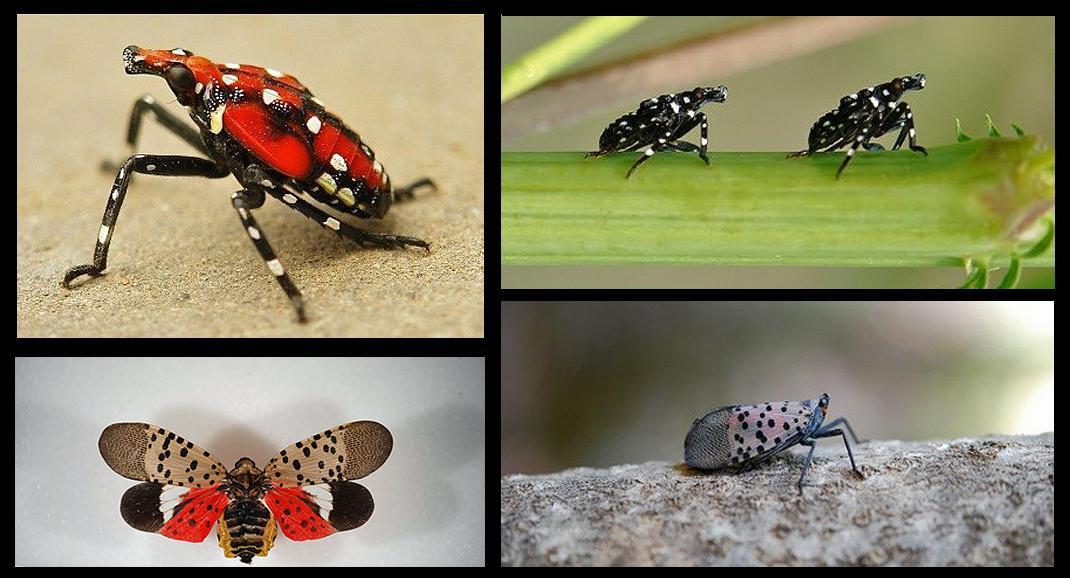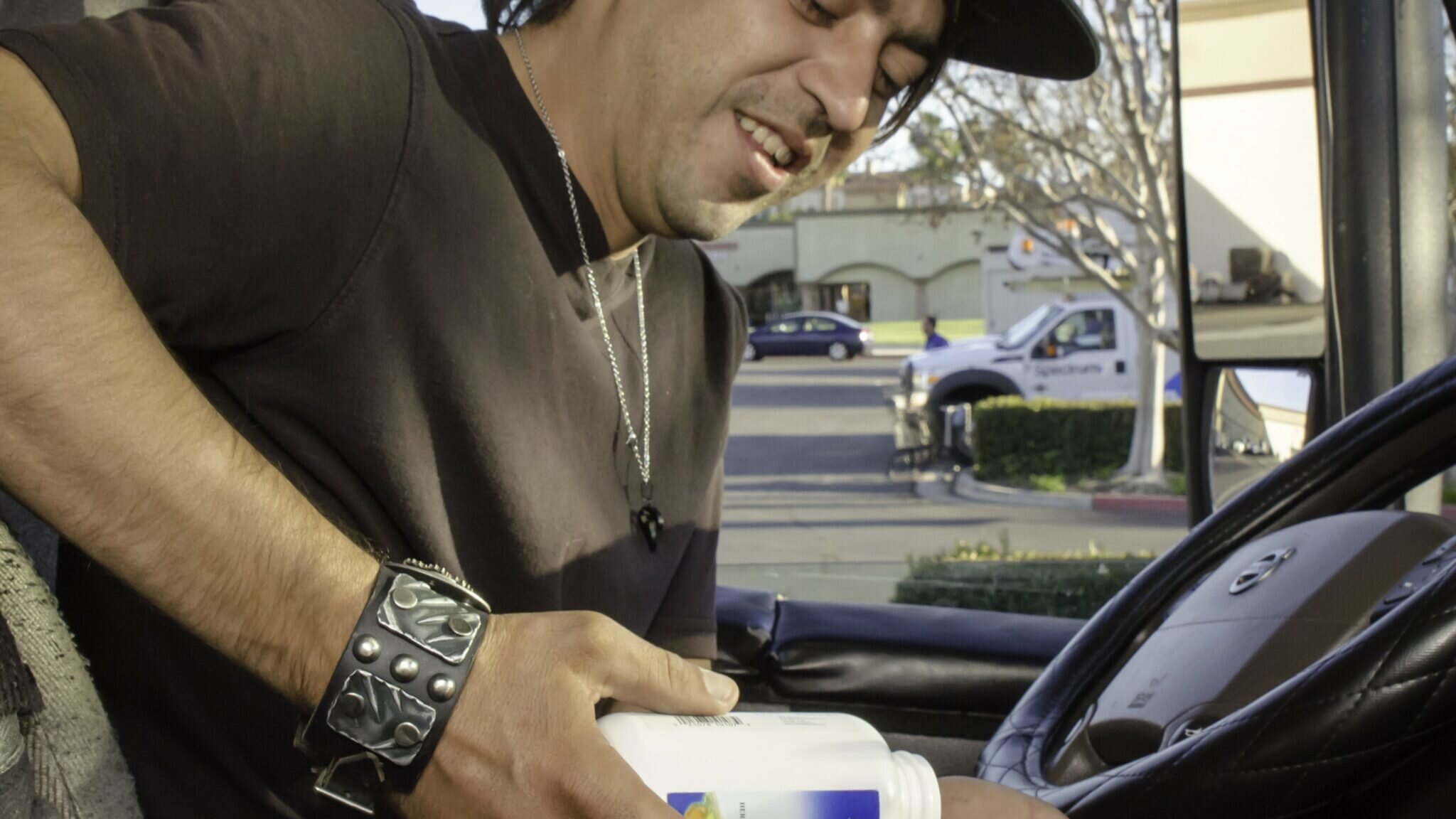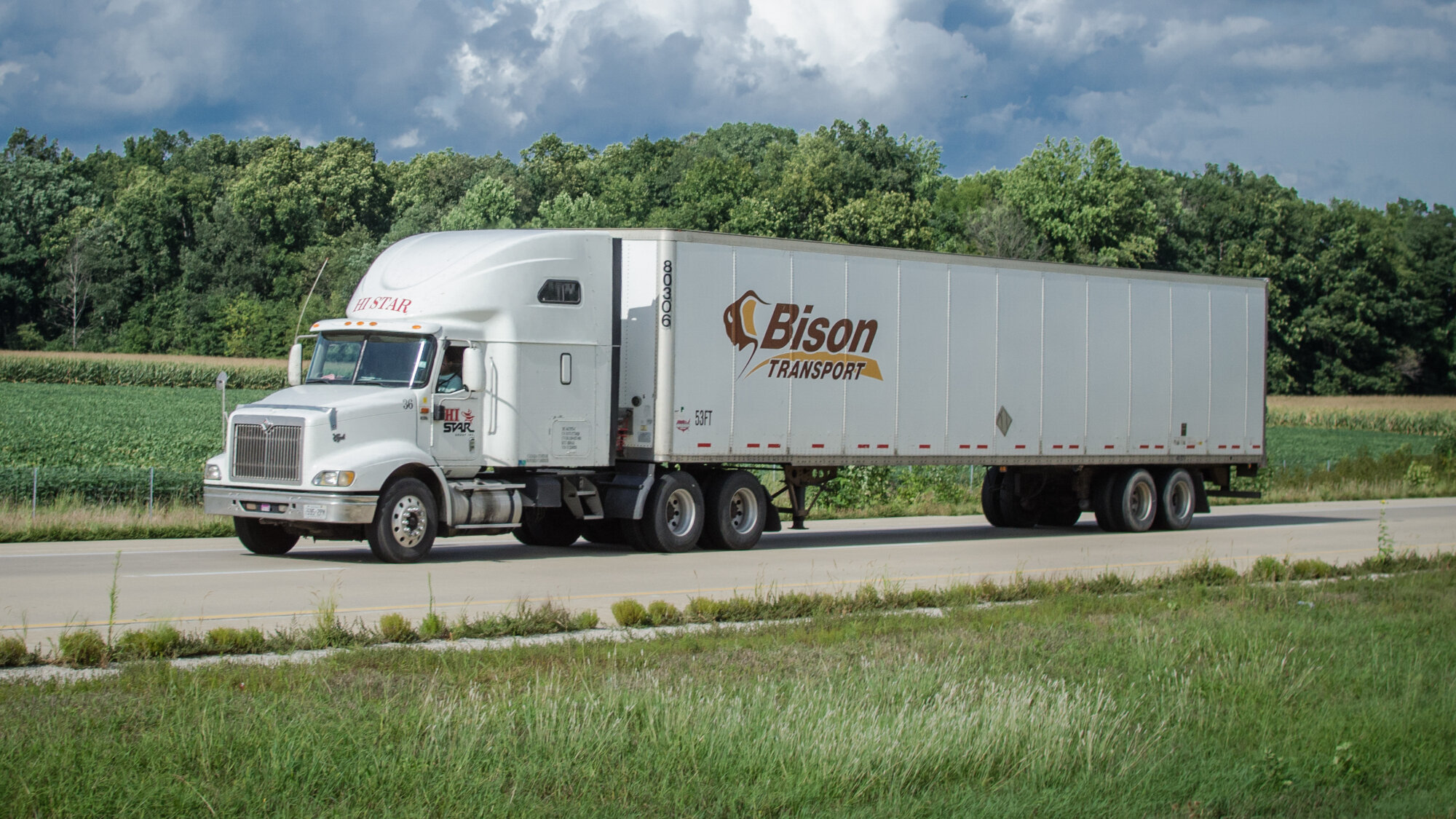
(Photo: United States Department of Agriculture)
While most fleets along the East Coast are focused on keeping equipment and drivers well-equipped to handle winter weather, there’s another threat looming in the area: spotted lanternflies.
The spotted lanternfly is an invasive species from Asia that first appeared in Pennsylvania in 2014, according to The New York Times. Despite efforts to control the insect, known to be a prolific eater and breeder, it continued to spread. The bugs have now been spotted in Pennsylvania, New Jersey, Virginia, Maryland, Connecticut, Delaware and New York.
Quarantine efforts are ramping up in an attempt to keep the spotted lanternfly from continuing to spread and wreak havoc on crops. The bug’s varied diet includes grapes, hops and hardwood. The lanternfly’s penchant for hardwood is especially problematic for Pennsylvania, the nation’s number one hardwood exporter. The state’s forest products as a whole account for nearly $700 million of the its exports, according to the Pennsylvania Department of Agriculture.
Pennsylvania has put up both internal and external quarantines, which means those moving both into and out of the restricted area are required to go through inspections, including people who live in the area. New Jersey has an internal quarantine on its three restricted counties.
New York has an external quarantine on vehicles coming from any state with a known population, requiring trucks from those areas to have a permit or certificate from the shipping state noting the load is lanternfly free. Virginia does not have a quarantine, but it is required to abide by Pennsylvania’s quarantine and New Jersey’s quarantine.
Delaware is expected to enact a quarantine sometime this year.
If a fleet is stopping, loading or unloading in a quarantined area, they are required to go through training and get a permit. The only exception is stopping for normal traffic when just passing through.
Fuel and rest stops are not considered a significant risk in the colder months because adult lanternflies have died out for the season, but even short breaks are considered a risk between spring and late fall.
Getting a permit requires managers to take a state course through Penn State’s Agriculture Extension Service. Once completed, the manager must order the permits and train drivers and warehouse workers. Alternatively, drivers and warehouse workers can also take a 10-minute course online.
It is important for fleets moving in and out of the quarantine area to learn to prevent the spread of these insects because they are not great flyers and rely on people and vehicles to move from area to the next.
Groupings of the insect’s eggs resemble a smear of mud. One smear can contain 30-40 eggs, and they’ll lay on anything, according to Dana Rhodes, Pennsylvania Department of Agriculture plant health program manager.
“It is not just about the crop loses, which could be major, but it is also about the people who have to live in the infestation,” Rhodes said in an Instructional Technologies webinar. “This is not a pleasant insect. It secretes what we refer to as honeydew, and I can tell you that there is nothing sweet about it. It is a sugary substance that is excreted by the insect after they feed, and if they’re in the treetops and you have a mass population, the honeydew rains down on people. You get that sugary substance over anything that is sitting outside.”
Outside of the lanterfly’s impact on crops and hardwood, Rhodes is concerned about the potential cost to the housing market.
“We’re not sure what kind of economic impact that will have on the housing industry because when it’s summertime and you want to sell your house, nobody is going to want to buy it with all the honeydew that would be coming down on you,” Rhodes said.
Fleets that need to go through training and acquire a permit can find more information here.






















